















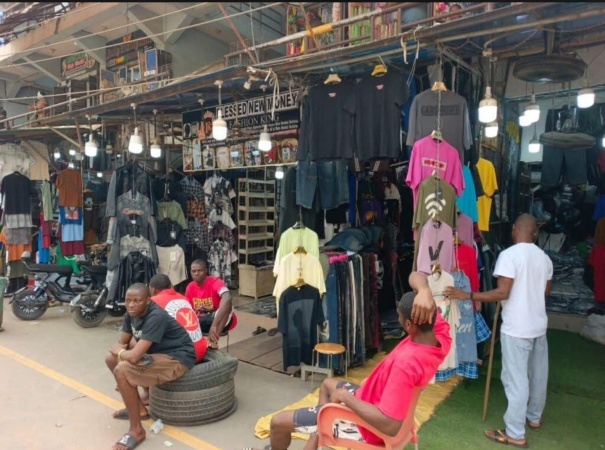

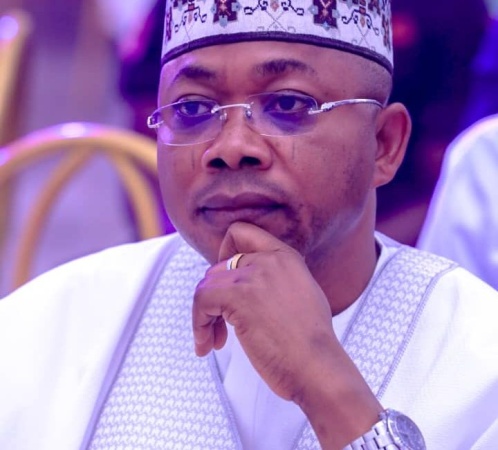


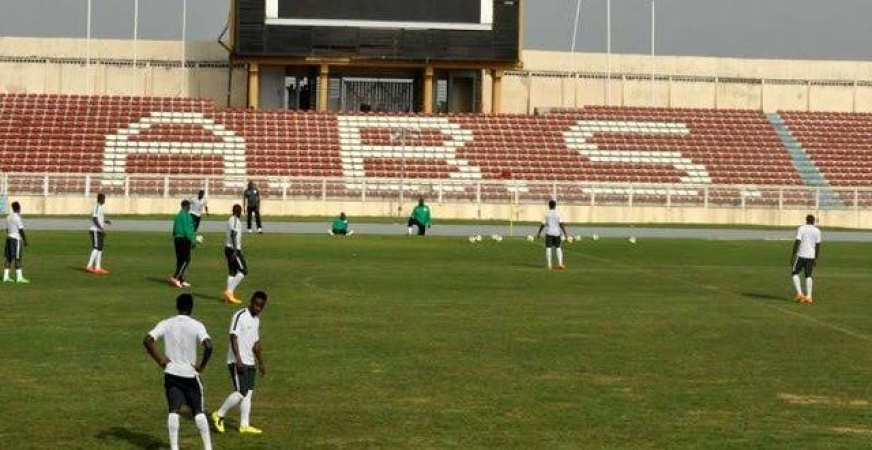

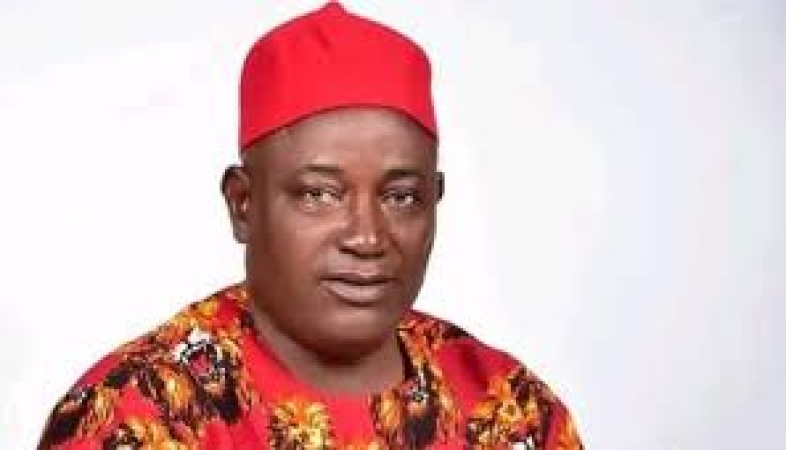

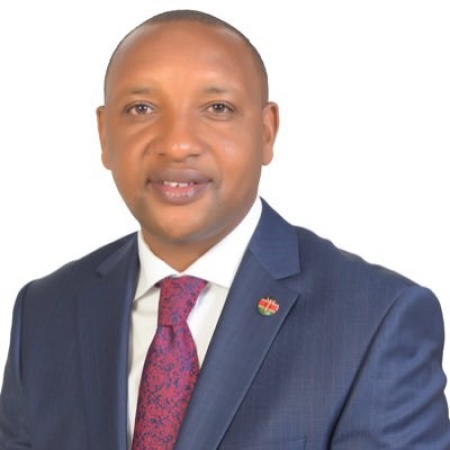
Loading banners


NEWS EXPRESS is Nigeria’s leading online newspaper. Published by Africa’s international award-winning journalist, Mr. Isaac Umunna, NEWS EXPRESS is Nigeria’s first truly professional online daily newspaper. It is published from Lagos, Nigeria’s economic and media hub, and has a provision for occasional special print editions. Thanks to our vast network of sources and dedicated team of professional journalists and contributors spread across Nigeria and overseas, NEWS EXPRESS has become synonymous with newsbreaks and exclusive stories from around the world.

The Central Bank of Nigeria (CBN) has reaffirmed its commitment to maintaining a resilient, safe, and sound financial system as the ongoing banking recapitalisation exercise continues to gather pace.
According to the apex bank, eight commercial banks have already met the new capital requirements ahead of the March 31, 2026 deadline, with others making significant progress.
The recapitalisation exercise, which commenced on April 1, 2024, mandates minimum capital bases of N500 billion, N200 billion, and N50 billion for commercial banks with international, national, and regional licences respectively.
Merchant banks must meet a N50 billion threshold, while non-interest banks are required to hold between N10 billion and N20 billion, depending on licence scope.
CBN governor Olayemi Cardoso said the recapitalisation drive is central to achieving the Federal Government?s $1 trillion Gross Domestic Product (GDP) target by 2030.
He stressed that without stronger capital buffers, Nigerian banks would be ill-prepared to finance the demands of a rapidly expanding economy.
?Without stronger capital buffers, our banks will not be ready to service the demands of a trillion-dollar economy,? Cardoso warned, noting that the exercise is designed to expand lending capacity, attract big-ticket investments, and drive inclusive growth.
?Will Nigerian banks have sufficient capital relative to the financial system?s needs in servicing a $1 trillion economy in the near future? In my opinion, the answer is no?unless we take action. That action is the ongoing recapitalisation,? Cardoso said.
The CBN assured depositors and stakeholders of the sector?s current strength, stressing that it remains strong, citing stable Financial Soundness Indicators (FSIs), a non-performing loan ratio within the 5 percent prudential benchmark, and a liquidity ratio well above the 30 percent regulatory minimum.
Stress tests, the CBN noted, have also confirmed the sector?s robustness.
Deputy governor, Corporate Services, Ms. Emem Usoro, described recapitalisation as ?a key component? of the trillion-dollar economy ambition, adding that banks must be adequately capitalised to fund large-scale infrastructure, industrial projects, and emerging sectors such as fintech and green energy.
Industry leaders have also backed the policy. Group Managing Director of United Bank for Africa (UBA), Oliver Alawuba, said the recapitalisation plan is ?both timely and essential? for strengthening banks? capacity to withstand economic shocks and meet global competitiveness standards.
To enforce discipline and as part of its oversight, the regulator has redefined capital strictly as paid-up share capital and share premium, excluding retained earnings and other reserves, forcing most lenders to raise fresh equity.
This means most banks will need to raise fresh equity despite having shareholder funds exceeding current thresholds.
The regulator has also stepped up compliance enforcement, imposing N15 billion in penalties on 29 banks for breaches, including anti-money laundering and counter-terrorism financing violations.
Cardoso said this tougher stance aims to address recurring lapses and strengthen corporate governance.
With the recapitalisation deadline less than a year away, the CBN said it will sustain close monitoring of financial institutions to ensure compliance and maintain public confidence in the banking system. (Nigerian Tribune)
*PLS USE CBN HQ. ALONGSIDE LOGO